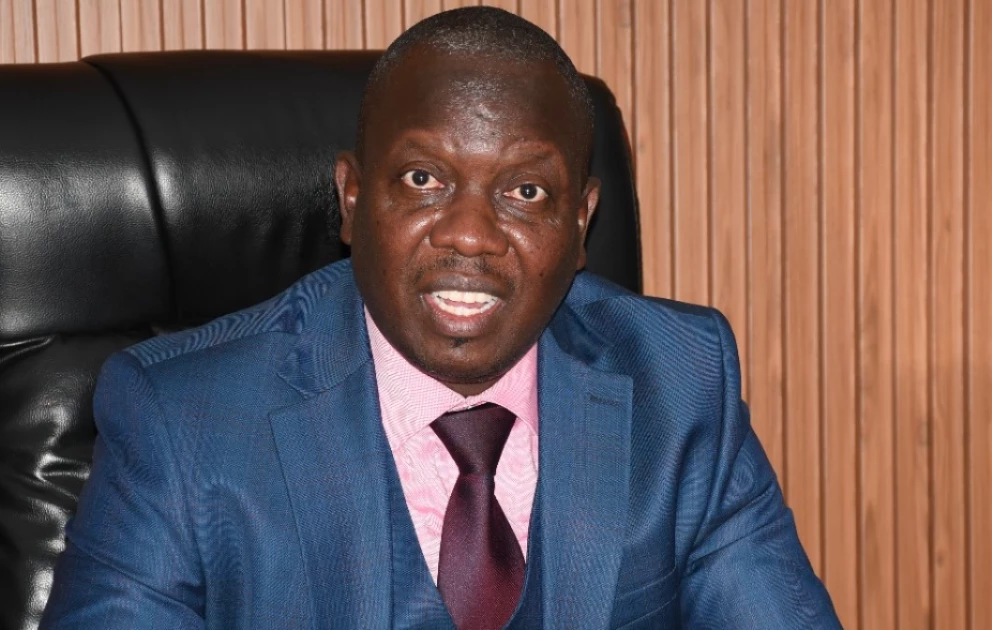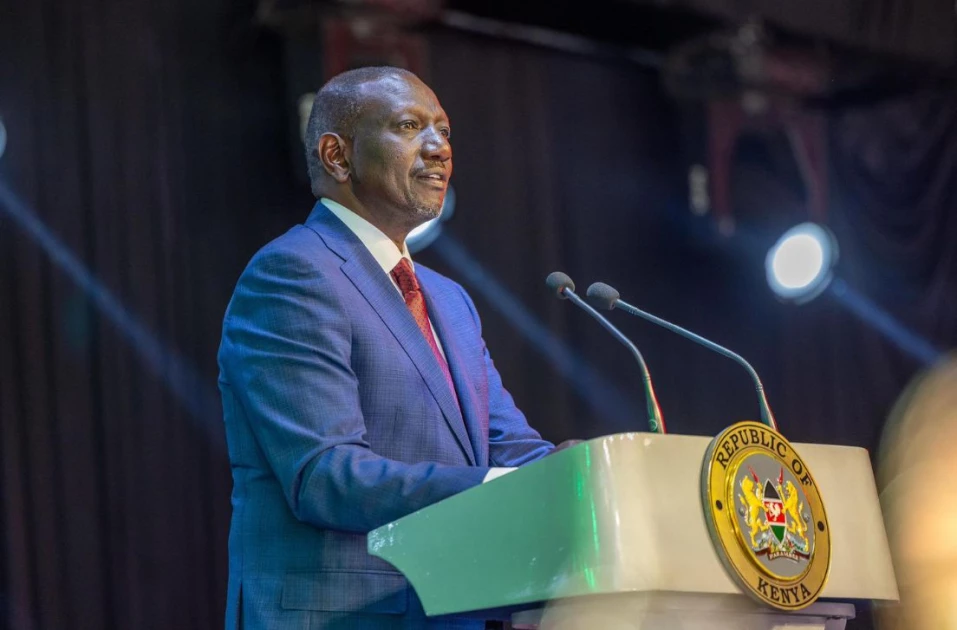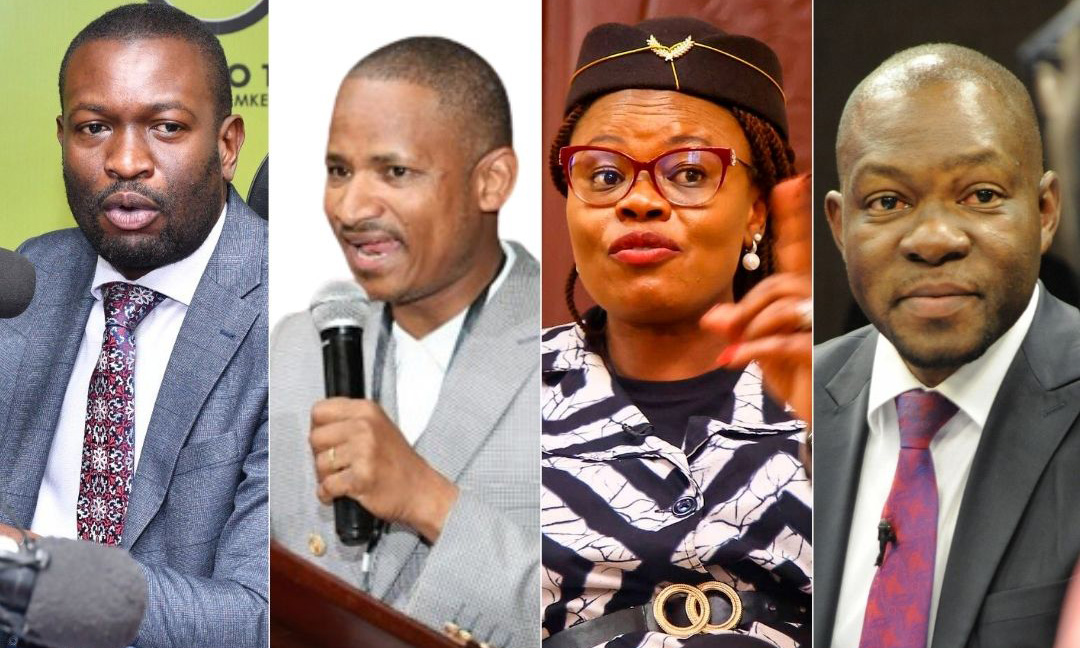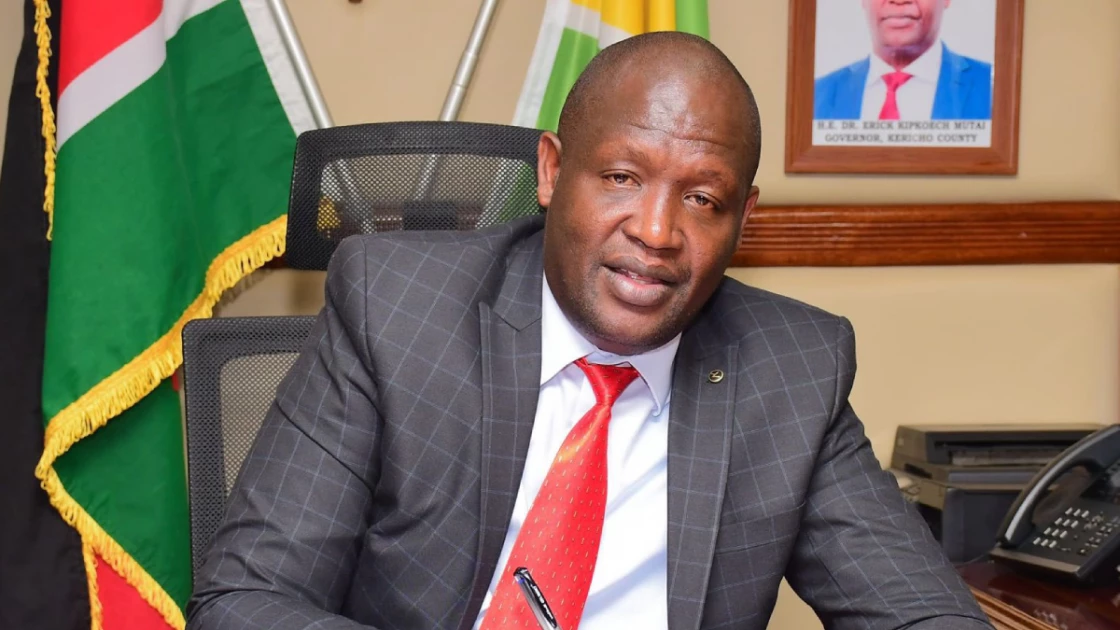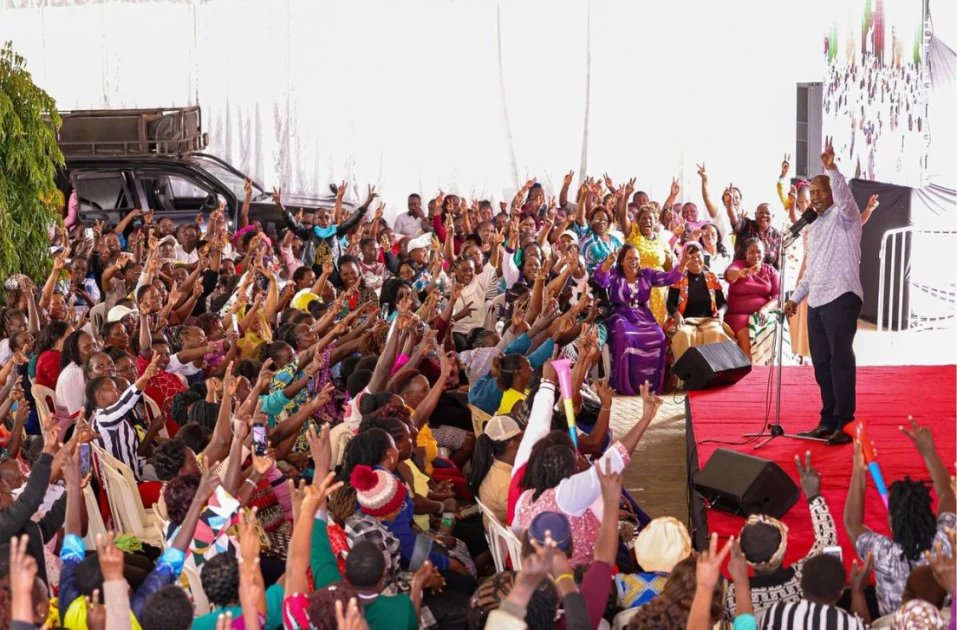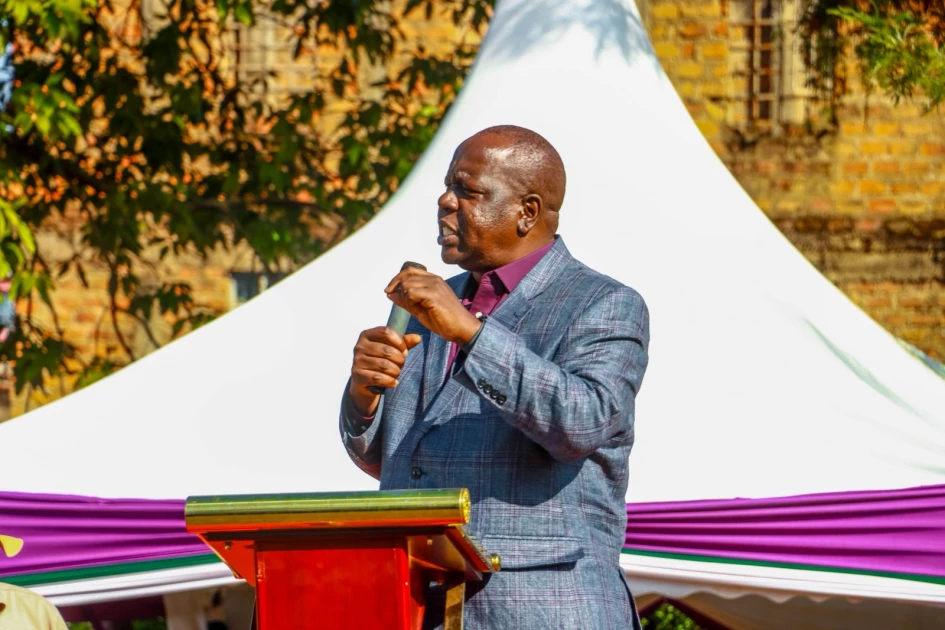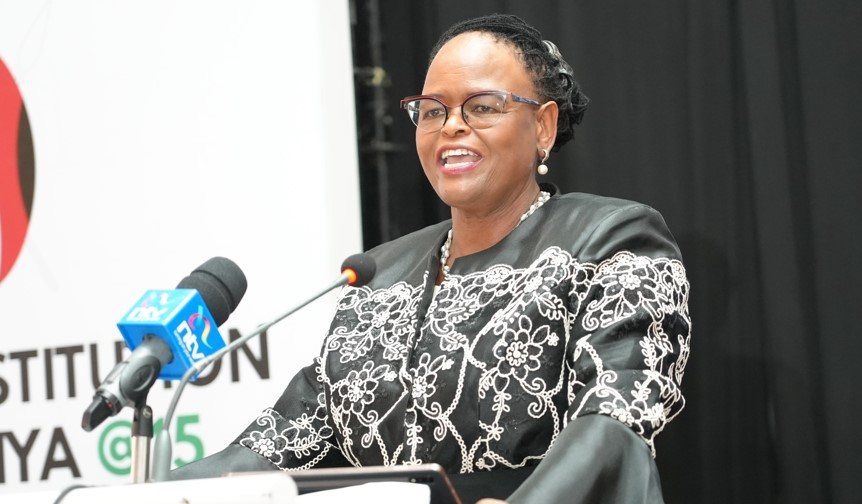DPP Ingonga defends withdrawal of high-profile corruption cases
The Director of Public Prosecutions, Renson Ingonga, has defended his office over allegations of corruption cases being dropped. According to Ingonga, the decisions are based on evidence presented and the need to protect public funds when cases fail to meet the criteria for conviction.
The Director of Public Prosecutions, Renson Ingonga, has defended his office over allegations of corruption cases being dropped. According to Ingonga, the decisions are based on evidence presented and the need to protect public funds when cases fail to meet the criteria for conviction. The DPP is urging investigative agencies to ensure that the evidence is robust and irreproachable so that his office can fight hard to convict. His office has recently faced fierce criticism and legal battles over its move to drop some corruption-related cases.
DPP Ingonga has defended these decisions, insisting that the law allows for withdrawal when there is not enough evidence to proceed with the case. "Some of the charge sheets that we usually find framed may have the correct details but the amount of the charge may be incorrect because someone thinks he stole this must be this much more than the DPP has ever seen on paper.
The Ethics and Anti-Corruption Commission and the DPPs office have at times clashed in court, raising questions about the fight against corruption. Ingonga criticized the EACC for not conducting thorough investigations in some of the cases. "If you follow up on some of the cases, you will find that we review them and provide accurate figures.
If you remember the Natembela EACC case, it said Ksh.1.4 billion when we reviewed the evidence, we were able to put evidence of Ksh.3 million, and someone thinks it is Ksh.1 billion when you get to the real evidence, what do you find? It would be wrong if someone stole this amount, even if you don have the truth, you will fail." According to Ingonga, his office approves charges based on the evidence provided. He says, investigators must prove beyond a reasonable doubt that a person is likely to be convicted.
The DPP said that when issues arose during the hearing of a case of doubt, he may have no choice but to seek to recuse himself. "You should ask the DPP what is the benefit of dropping a separate case and going to a full trial when I know full well that this is an acquittal because after being acquitted under section 2.10 due to lack of evidence, the person can sue the government for malicious prosecution," he said.
Ingonga adds that dropping cases without sufficient evidence protects the public interest and the delivery of justice, thus avoiding compensation claims worth billions of shillings. "We are losing billions in compensation but "When you withdraw before you are released, you cannot sue for malicious prosecution. You can only be sure when you are released."


